I've looked at several questions, such as:
Isolating audio ground between devices
I want to connect an input and output audio line signal of two different devices. The earth potential of their audio connectors is might be floating, connected to mains earth, or offset by some DC or AC amount, with some resistance and other complications - the usual real-life audio stuff.
Is a simple solution to connect them with two capacitors? The function generator is the line out, and speaker the line in:

simulate this circuit – Schematic created using CircuitLab
I'd rather not use audio transformers if this will do.
Edit - Additional details
- The above values are a bit of a hack. The circuit too, so I'd expect problems like pops on power up at least